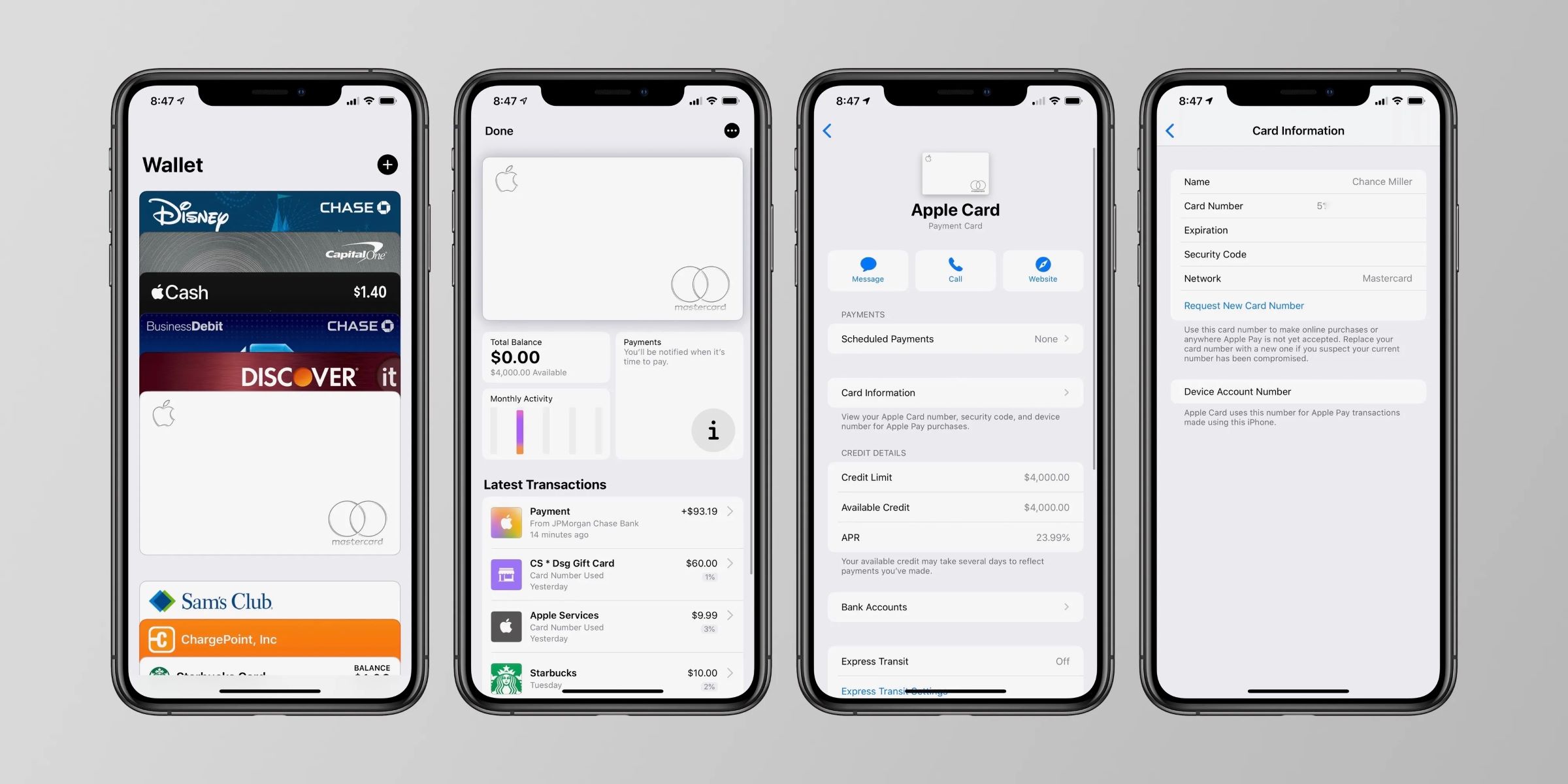

Finance
Accounting Standard Definition: How It Works
Modified: October 11, 2023
Learn the ins and outs of accounting standards and their impact on the finance industry. Understand how finance professionals utilize accounting standards to ensure accurate financial reporting.
(Many of the links in this article redirect to a specific reviewed product. Your purchase of these products through affiliate links helps to generate commission for LiveWell, at no extra cost. Learn more)
Understanding Accounting Standard Definitions and How They Work
When it comes to managing finances, understanding accounting standards is of utmost importance. These standards provide a framework that helps businesses and organizations maintain consistency, accuracy, and transparency in their financial reporting. In this blog post, we will delve into the world of accounting standard definitions and explore how they work.
Key Takeaways:
- Accounting standards provide guidelines for financial reporting that ensure consistency and transparency.
- The International Financial Reporting Standards (IFRS) and Generally Accepted Accounting Principles (GAAP) are the two most widely used standard frameworks.
What Are Accounting Standards?
Accounting standards are a set of guidelines and rules that dictate how financial statements should be prepared and presented. These standards ensure that financial information is accurate, reliable, and meaningful to stakeholders such as investors, creditors, and regulatory bodies.
Without accounting standards, financial reports would vary from one company to another, making it difficult to compare or analyze financial information effectively. By following a standardized set of rules, businesses can convey information consistently and accurately, enabling better decision-making and transparency.
Types of Accounting Standards
There are two primary frameworks of accounting standards that are widely used across the globe:
- International Financial Reporting Standards (IFRS): IFRS is a set of accounting standards developed by the International Accounting Standards Board (IASB). These standards are used in many countries and aim to promote transparency, comparability, and efficiency in financial reporting. IFRS is especially relevant for companies operating internationally or with international investors.
- Generally Accepted Accounting Principles (GAAP): GAAP is a set of accounting principles, rules, and standards developed by the Financial Accounting Standards Board (FASB) in the United States. GAAP is widely followed by companies in the U.S. and is essential for preparing financial statements that comply with U.S. regulations.
While IFRS and GAAP are the most commonly used frameworks, it’s important to note that there are other sets of accounting standards as well, such as the International Public Sector Accounting Standards (IPSAS) used by governments and public sector entities.
How Do Accounting Standards Work?
Accounting standards work by providing clear guidelines and rules for financial reporting. They outline the specific criteria for recognizing, measuring, presenting, and disclosing various financial elements, such as assets, liabilities, income, and expenses. These standards ensure that financial reports are prepared consistently, making it easier for stakeholders to understand and assess the financial health of an organization.
Accounting standards also evolve over time to keep pace with changes in business practices, advancements in technology, and regulatory requirements. Standard-setting organizations, such as the IASB and FASB, regularly review and update the standards to reflect these changes and ensure their continued relevance.
Conclusion
Accounting standard definitions form the backbone of financial reporting, promoting consistency, accuracy, and transparency. By following these standards, businesses can ensure that their financial reports are reliable and comparable, allowing for informed decision-making and greater trust from stakeholders.
Key Takeaways:
- Accounting standards provide guidelines for financial reporting that ensure consistency and transparency.
- The International Financial Reporting Standards (IFRS) and Generally Accepted Accounting Principles (GAAP) are the two most widely used standard frameworks.
Whether you are an aspiring accountant, a business owner, or an investor, understanding accounting standard definitions is crucial for navigating the world of finance. By adhering to these guidelines, you can build trust, make informed decisions, and navigate the complexities of financial reporting more effectively.














